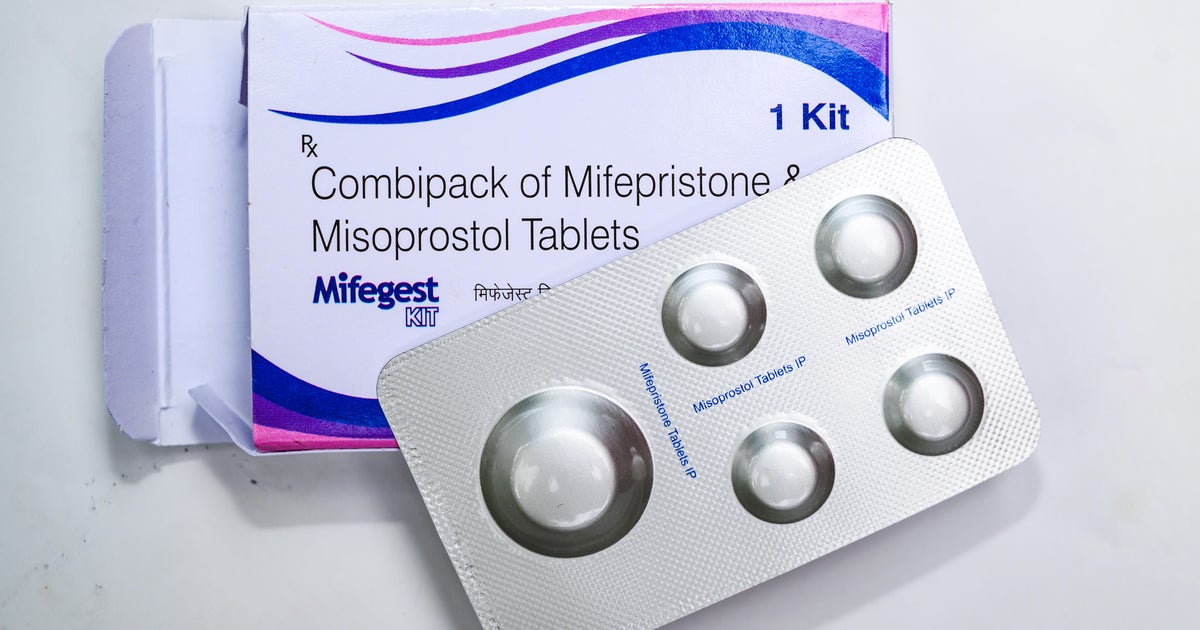The Louisiana Senate passed a bill Thursday that would classify the drugs used in medication abortions as controlled substances, criminalizing possession of the drugs without a prescription. The bill, which previously passed the House, now awaits Republican Gov. Jeff Landry’s signature. This legislation marks Louisiana as the first state to categorize misoprostol and mifepristone as controlled substances.

The state Senate approved the bill 29 to 7, underscoring its potential impact on abortion access. The drugs in question, commonly used in early-stage pregnancy terminations, account for a significant majority of all abortions in the U.S. Supporters of abortion rights view this legislation as a direct challenge to access to reproductive healthcare.
Impact on Abortion Access
The regimen of misoprostol and mifepristone is crucial for those supporting abortion rights and has been a target for abortion opponents. Designating these drugs as controlled substances allows states to monitor their distribution and creates legal consequences for possession without a prescription. Notably, the legislation exempts pregnant women from prosecution, focusing instead on those distributing or possessing the drugs illegally.
Legal and Political Reactions
Abortion is already severely restricted in Louisiana, permitted only in cases where the mother’s life is at risk or the pregnancy is deemed medically futile. However, this bill could set a precedent for other states seeking to restrict medication commonly used in early-stage abortions.
The Biden-Harris campaign and advocates have strongly criticized the legislation, with former New Orleans mayor and Biden campaign co-chair Mitch Landrieu condemning it as part of a broader anti-abortion agenda attributed to former President Donald Trump. Landrieu expressed concerns that the bill could lead to women being monitored, tracked, or even imprisoned for possessing FDA-approved medications.
Concerns and Legal Ramifications
Ellie Schilling, a reproductive health law attorney in Louisiana, highlighted the potential consequences of the bill, stating that it would complicate the use of these drugs for medically necessary purposes beyond abortions, such as managing miscarriages. She warned that the legislation could lead to increased government surveillance of pregnant women and healthcare providers who prescribe the medication.

The passage of this bill in Louisiana represents a significant step in the ongoing debate over abortion rights and access to reproductive healthcare in the United States. By classifying abortion drugs as controlled substances, the state has set a precedent that may influence other states’ approaches to regulating medication used in early-stage pregnancy terminations. Critics argue that this legislation could severely restrict access to necessary healthcare and infringe upon women’s reproductive rights.
